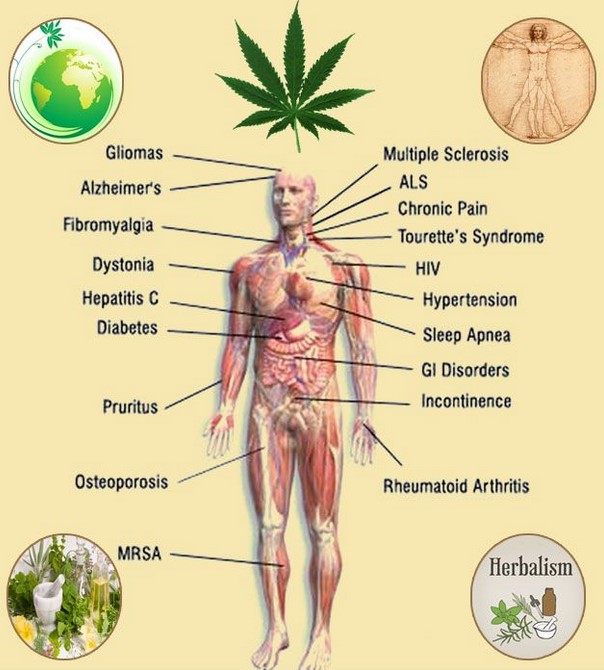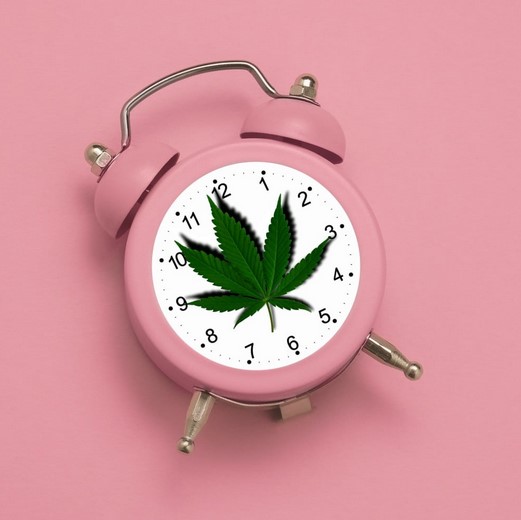Cannabis interacts with our bodies when it is smoked or eaten. This contact is the sole reason that cannabis has been used for religious purposes, relaxation, pain alleviation, and pleasure throughout history. This relationship also explains why cannabinoids and adverse effects persist in the body and are sometimes observed weeks after the high has subsided.

The psychoactive cannabinoid, delta-9-tetrahydrocannabinol (THC), is what we should focus on first. THC is the intoxicating cannabinoid that produces euphoric stoned effects. Other chemicals endure as well. Although marijuana is still a prohibited drug in the United States, THC and THC metabolites are specifically tested in drug tests.
How long does weed stay in your system?
According to experts, it all comes down to frequency and the amount you use when determining how long marijuana will stay in your system. “How much you ingest and how often will affect how long cannabis stays in your body, but it also depends on a person’s metabolism,” says April Hatch, RN, co-founder of Cannabis Care Team, a nurse-founded Cannabis education group.
THC is broken down into several by-products when you smoke, vape, or otherwise consume marijuana. THC is stored in body fat, the brain, and the heart as a result of this degradation.
The byproducts that build up in the body over time are discharged back into the circulation, where they’re then excreted in urine; however, chronic, continuous smokers may accumulate THC faster than it can be eliminated.
Cannabis is highly groomed and manicured. It’s great for cutting, trimming, or pruning to ensure that the plant looks healthy and safe on store shelves. Cannabis consumption may reasonably be divided into three categories:
- Infrequent users (less than twice a week)
- Regular users (several times per week)
- Chronic users (daily)
How long does weed stay in your blood?
Active THC is quickly absorbed via the lungs and can be found in the bloodstream after a few seconds, with traces remaining in the blood for several hours based on usage frequency and dosage. According to a 2004 review published in Therapeutic Drug Monitoring, THC plasma concentration peaks three to eight minutes after inhalation and then drops rapidly, with a half-life of around 30 minutes. THC is said to be detectable in blood for approximately 5 hours, although THC-COOH has an excretion period of up to 25 days.
In a study published in the journal Addiction in 2009, researchers studied cannabinoids in the blood of 25 frequent cannabis users for seven days. Nine individuals, or 36 percent, had no measurable THC in their system after seven days without marijuana use, while the remaining 16 still had at least one positive THC test. After a week without using marijuana, six of the participants still had detectable THC levels and all subjects had measurable amounts of THC-COOH metabolites.
While the active form of THC does not stay in your circulation for an extended period of time, cannabinoids may be detected in your system several weeks after usage.
How long does weed stay in your urine?
Urine testing is commonly used as a reference in drug tests for cannabis because it is recognized as the most accurate technique. Urinalysis is frequently used to detect for cannabis usage since it is regarded as the most reliable method. The Substance Abuse and Mental Health Services Administration (SAMHSA) recommends that the most common cutoff concentration be 50 nanograms per milliliter (ng/mL).
According to a 2005 National Drug Court Institute review, THC detection periods were rarely more than 30 days. Despite the many variables that influence how long marijuana is detectable in the body, the study aims to provide “practical cannabinoid detection advice.”
According to the study, a chronic cannabis user is unlikely to have THC metabolites in their urine for longer than 10 days after their most recent smoking session if they use the recommended cutoff concentration of 50 ng/mL. However, at the lower, more sensitive 20 ng/mL cutoff concentration point, endocannabinoids can be detected in chronic cannabis users for up to 21 days after consumption, and possibly longer in some unusual circumstances. The same research found that, even with the stricter 20 ng/mL cutoff concentration point, it would be unlikely for a drug test to discover THC metabolites in urine after seven days for one-time users.
According to a May 2017 research published in Mayo Clinic Proceedings, cannabis may be detected in urine for up to three days in occasional users, five to seven days in moderate users, ten to 15 days in daily users, and more than 30 days for chronic consumers who consume several times a day.
How long does weed stay in your saliva?
Cannabinoids and their metabolites can also be detected in the saliva of occasional and persistent users. A study published in Drug Testing and Analysis in 2014 looked at cannabinoids in oral fluid, finding that THC metabolites were present for one to three days in the saliva of occasional users and up to 29 days in the saliva of chronic consumers.
How long does weed stay in your hair?
Hair follicle testing for drugs is unreliable, according to a study published in Scientific Reports that discovered THC and THC metabolites may be transmitted to non-users’ hair follicles via hand contact, sweat, or exhaled smoke.
THC can be transferred to the head or body hair of someone who doesn’t use marijuana if they smoke a joint and exhale near someone who does. After administering 50 milligrams of THCA once daily for one month, no THC was found in the hair sample samples, but THC-COOH was still detected in the same Scientific Reports research. As for the detection time frame, while hair follicle drug tests have a longer detection window than urine and blood tests, it is possible to detect THC up to 90 days after usage.
A study published in Drug and Alcohol Review in 2017 examined hair samples from 136 participants and discovered THC traces in 77 percent of long-term users, 39 percent of light users, and 0% of non-users. The chance of THC being discovered in hair samples increases significantly with greater usage, according to the researchers. While the researchers claimed that hair testing is a feasible technique for detecting cannabis use, they also warned that it is not reliable for identifying little amounts of cannabis use.
